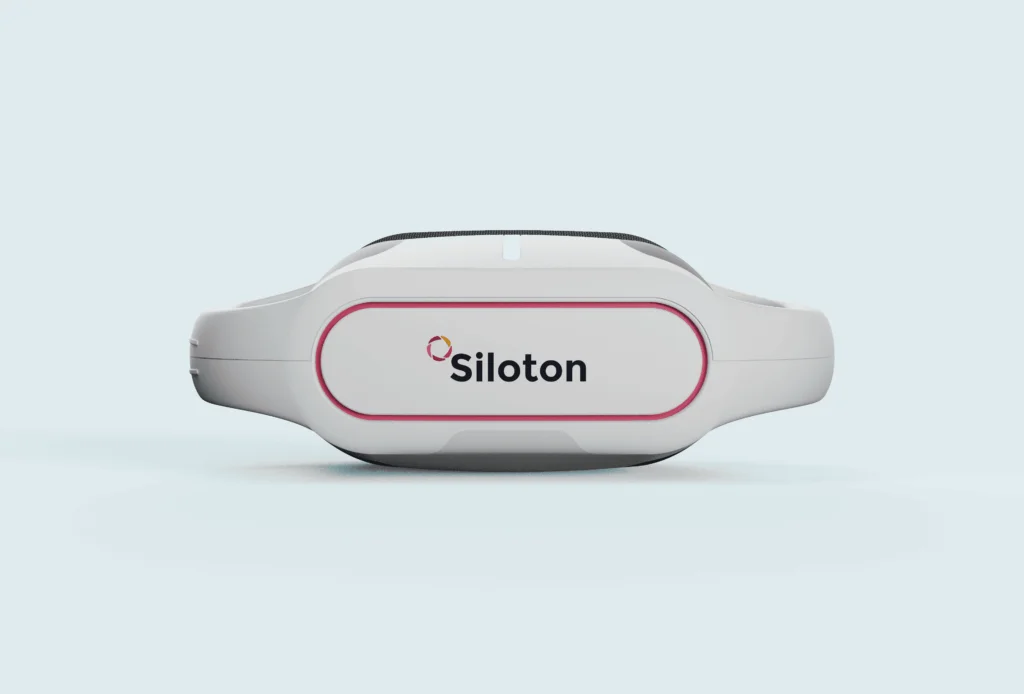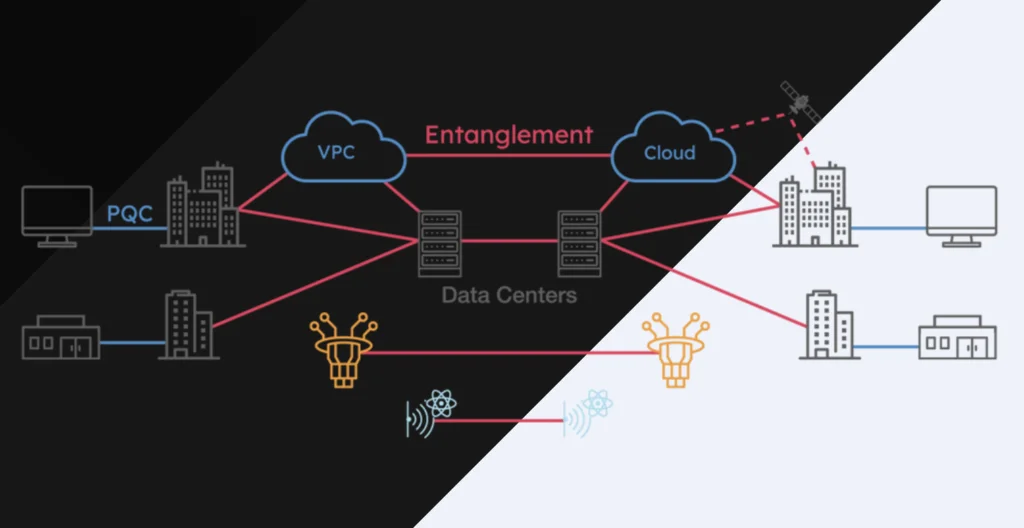Insider Brief
- A bill to incentivize the adoption of quantum tech in Colorado has passed its third reading in the state Senate without any amendments.
- With this third reading without alterations, the bill has cleared a critical legislative hurdle and moves on in the process.
- The legislative success is a sign of support for Colorado’s quantum technology ecosystem with strategic tax incentives, among other programs and initiatives.
In what might be another critical step in the development for Colorado’s ambition to become a quantum initiative center, a bill to incentivize the adoption of quantum tech in that state has passed its third reading in the Senate without any amendments earlier this week.
The passage of its third reading means that the bill has cleared a critical legislative hurdle in the state Senate. It has maintained its original form without any alterations, and will now move on to the next step in the legislative process.
Supporters say this legislative success is a hopeful sign of the state’s backing of its quantum technology ecosystem with strategic tax incentives, among other programs and initiatives. The bill introduces tax credit programs aimed at fostering the development of quantum technology in Colorado, contingent upon the state securing substantial federal funding.

Corban Tillemann-Dick, CEO of Maybell and Co-Founder of Elevate Quantum, is excited about this next step in the process, as well as the overall program, which he says will significantly boost the growing quantum ecosystem in that state. The program is only part of the investment potential generated by the bill.
“As the CEO of a rapidly growing quantum startup, it’s exciting to see the State of Colorado seize the initiative by backing globally-unique policies like the loan guarantee program,” said Tillemann-Dick. “Scale-up loan capital is particularly hard to access for new companies in new industries, holding back the development of important technologies like quantum. This $74 million bill will unlock $1 billion in private capital for fast growing Colorado companies. It gives US companies the capital they need to compete with China, currently the only place globally where quantum organizations can access loan capital at this scale. I’m confident this program alone will generate billions in returns and deliver key capabilities for our nation’s security.”
The bill’s primary focus is the creation of a 100% refundable income tax credit for investments in fixed capital assets — long-term physical assets used in business operations — to establish a shared quantum facility. This incentive, effective for income tax years starting January 1, 2025, and ending before January 1, 2033, aims to support projects that create central hubs for quantum business activities. The maximum aggregate amount for this facility credit is capped at $44 million, with a limit of $24 million for credits claimed in the year the project is placed in service. Qualified applicants may be individual entities or consortia working on eligible projects, as long as they are approved by the Office of Economic Development.
The process for claiming the facility credit involves several steps. Applicants must submit a facility credit reservation application to the Office of Economic Development, undergo preliminary and final reviews and obtain a facility credit reservation. Upon completing the project, applicants must certify their qualifying investments, after which the office reviews the project and investments before issuing a tax credit certificate. This certificate must be filed with the Department of Revenue. The bill also includes provisions for recapturing the credit if the project fails to maintain its eligibility status during a specified compliance period.
Additionally, the bill introduces a 100% refundable income tax credit to offset losses from loans made to quantum companies, effective for income tax years starting January 1, 2026, and ending before January 1, 2046. This loan loss reserve tax credit aims to mitigate financial risks for lenders supporting the quantum technology sector, according to the legislation. The credit amounts to up to 15 cents per dollar of an eligible loan, with a total cap of $30 million for all loan loss credits.
The Office of Economic Development or a contracted third-party administrator will manage the credit distribution, potentially using a competitive lender selection process.
Expanding Economic Impact
By providing these tax incentives, Colorado could draw in additional federal funds, with the ultimate aim being the creation of a robust quantum technology ecosystem. That expanded ecosystem could include the construction of new physical spaces that attract students, researchers and entrepreneurs, said Massimo Ruzzene, University of Colorado Boulder vice chancellor for research and innovation and dean of the institutes.
“This bill takes a pivotal step by supporting the construction of a state-of-the-art quantum technology incubator,” said Ruzzene. “This facility—a collaboration between CU Boulder, Colorado School of Mines, CSU, and Elevate Quantum—will bridge the gap between higher education research labs and the quantum industry, exponentially expanding the economic impact of quantum science and technology in Colorado.”
Zachary Yerushalmi, CEO and Regional Innovation Officer of Elevate Quantum, added that the legislation is a good example of the intentionality needed to craft technological ecosystems, in this case, quantum tech, which could perhaps be history’s most complex technological endeavor.
“From semiconductors to biotech leadership, history has shown that globally leading technology clusters don’t emerge at random. Their success comes from deliberate and bold investments in the tools of innovation engines,” said Yerushalmi. “The investments by the State of Colorado that passed the General Assembly this week follow in the footsteps of the most defining and forward-looking technology investments of our time,” said. “These policies will create tens of thousands of jobs, billions in impact, and ensure that Colorado and the US will continue to lead the quantum economy for decades to come.”
Loan Program Specifics
The legislation offers a glimpse into the mechanics of the loan program. For example, lenders must register their loans with the administrator to qualify for the loan loss credit, which can be claimed only after incurring a loss on a registered loan. The administrator will review applications, issue loan loss tax credit certificates and then periodically update the status of registered loans. Qualified applicants can use these certificates to offset losses incurred on registered loans, ensuring financial stability while supporting the growth of quantum businesses.
The bill mandates annual reporting to the General Assembly by the Office of Economic Development and the administrator on the status and effectiveness of the facility and loan loss credits. Legislators how this transparency improves accountability and allows for policy adjustments along the way to optimize the implementation and impact of the incentives.
This is a summary of the legislation and program, for a deeper dive into the legislation, please review terms of the bill here.















